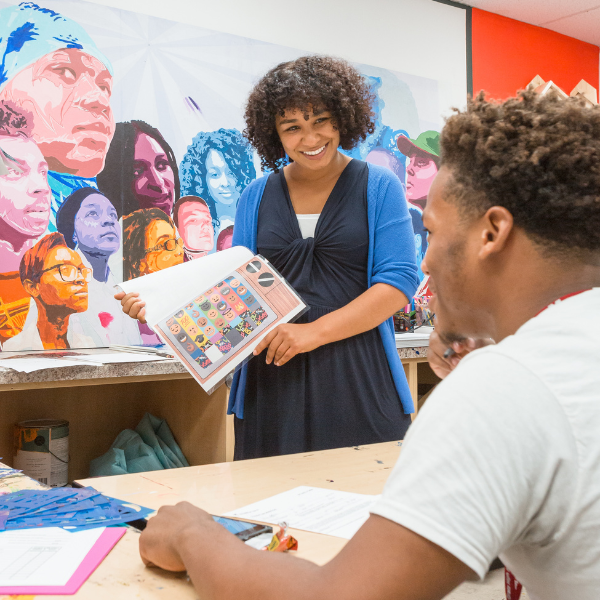Build stronger communities from the inside out.
This specialization focuses on creating adaptive solutions built on an understanding of the specific relational and social needs of a community.
Why Choose This Program:
- Practical courses built for mission-driven leaders with flexible, online delivery for immediate impact in your work and transparent, affordable tuition, payment plan options, and no hidden fees
- Curriculum that reflects a commitment to mission-driven work while honoring a community’s existing strengths.
- Trailblaze your own path by adding the thesis option to your master’s degree.
What You'll Learn:
- Relational tools and cultural fluency to facilitate complex conversations and lead change across diverse populations,
- Understanding the neuroscience of trauma to effectively address community health and well-being, relational harm, and cultural differences, and
- Skills to foster collaboration and initiate systemic change by energizing community members, supporting bottom-up activities, and empowering individuals.
Program Overview
Requirements
To earn specialization recognition on a transcript, the following are required in addition to the required coursework for the Master of Science:
- Four of your electives, including two at the 600 level, must be related to the specialization. These include:
- Your project for your final course, RP 699 Integrating Seminar, must be rooted in your specialization.
Details
- Most program courses are 100% online with a few blended options with courses starting in Fall, Spring, and Summer months. Click here for a full list of course offerings.
- Supported by faculty and fellow students, course assignments help you put your learning into practice.
- Most students complete the program in two to three years.
- There are no additional costs associated with choosing a specialization for your Master of Science in Restorative Practices. Click here for our Transparent Tuition.
